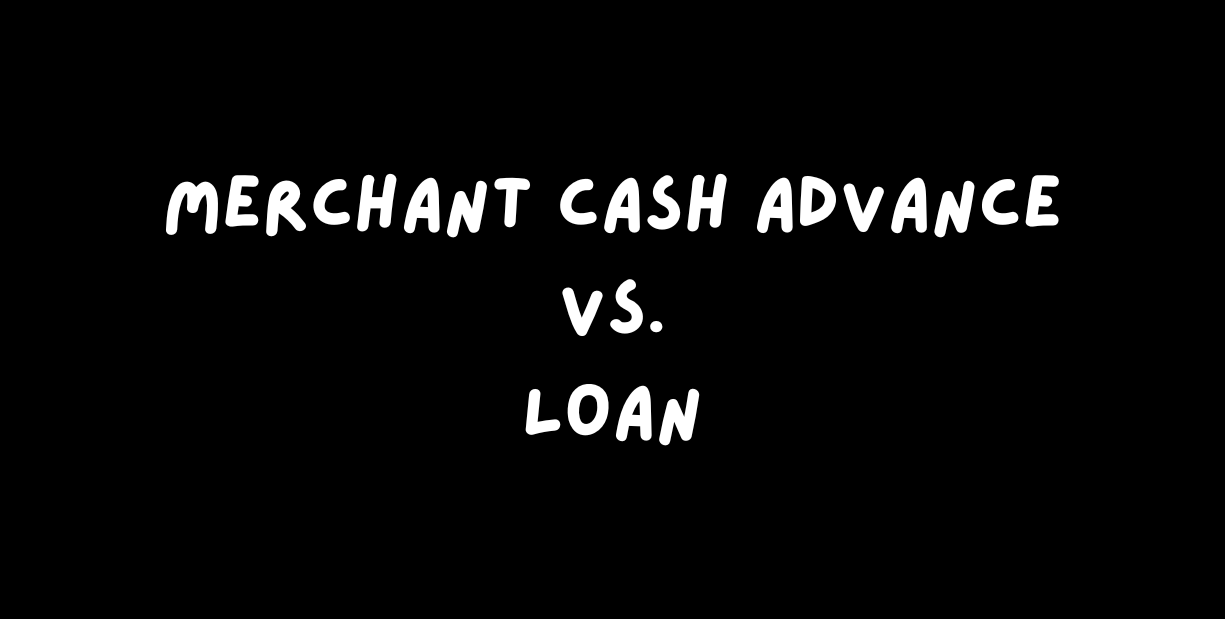7 Proven Strategies to Escape the Merchant Cash Advance Trap
7 Proven Strategies to Escape the Merchant Cash Advance Trap

Understanding Merchant Cash Advances
What is an MCA loan?
A Merchant Cash Advance (MCA) is a type of financing where businesses receive a lump sum of cash in exchange for a percentage of their future credit card sales. Unlike traditional loans, MCAs are repaid through daily or weekly deductions from the business's revenue, making them a flexible but often costly funding option.How MCAs Work
MCAs provide quick access to capital, typically within a few days. The lender assesses the business's daily credit card sales and determines the advance amount. Repayment is made through a fixed percentage of daily sales, leading to variability in the repayment period based on business performance.Common Terms and Conditions
MCA agreements often include high factor rates (equivalent to high-interest rates), short repayment periods, and fixed daily or weekly repayments. Understanding these terms is crucial before entering an MCA agreement.The Risks of Merchant Cash Advances
High-Interest Rates
MCAs come with factor rates ranging from 1.2 to 1.5, translating to effective annual percentage rates (APRs) of 40% to 350%. This makes them one of the most expensive financing options.Impact on Cash Flow
Daily or weekly deductions can strain a business's cash flow, making it challenging to cover operating expenses. This can lead to further borrowing and a cycle of debt.Potential for Debt Cycle
The ease of obtaining an MCA can lead businesses to rely on them repeatedly, creating a cycle of debt that's difficult to escape. Understanding the long-term implications is essential for financial health.Signs You Need to Exit an MCA
Financial Stress Indicators
If your business is struggling to make daily MCA payments, facing increased borrowing, or experiencing cash flow issues, it may be time to consider exiting the MCA.Cash Flow Problems
Persistent cash flow problems, such as an inability to cover daily expenses, are a clear sign that the MCA is not a sustainable solution.Increased Debt
Relying on multiple MCAs or additional loans to cover MCA payments indicates a debt spiral that needs immediate attention.Evaluating Your Financial Situation
Analyzing Cash Flow
Review your cash flow statements to understand where your money is going. Identify areas where expenses can be reduced and revenue can be increased.Assessing Debts
List all your debts, including MCAs, loans, and credit card balances. Understanding your total debt burden is the first step towards managing it effectively.Setting Financial Goals
Establish clear, achievable financial goals, such as reducing debt, improving cash flow, and increasing profitability. These goals will guide your financial planning efforts.Creating a Financial Plan
Budgeting
Develop a detailed budget that outlines all your income and expenses. This will help you identify unnecessary costs and allocate resources more effectively.Expense Reduction
Cutting unnecessary expenses can free up cash for MCA repayments. Look for areas where costs can be reduced without affecting business operations.Revenue Enhancement
Explore ways to increase revenue, such as offering new products or services, expanding your customer base, or improving marketing efforts.Exploring Refinancing Options
Business Loans
Traditional business loans often have lower interest rates and longer repayment terms than MCAs. Consider applying for a loan to refinance your MCA.Line of Credit
A business line of credit offers flexible borrowing with lower interest rates. This can be a viable option for refinancing MCAs and managing cash flow.SBA Loans
Small Business Administration (SBA) loans provide affordable financing with favorable terms. These loans can be used to pay off high-interest debt, including MCAs.Negotiating with MCA Providers
Understanding Terms Review your MCA agreement to understand your rights and obligations. This will help you negotiate more effectively with your MCA provider.
Seeking Relief Contact your MCA provider to discuss potential relief options, such as reducing daily payments, extending the repayment period, or renegotiating terms.
Reducing Payments Negotiating a reduction in daily payments can alleviate cash flow pressure, making it easier to manage your finances and pay off the MCA.
Debt Consolidation Strategies
Benefits of Consolidation
Debt consolidation combines multiple debts into a single loan with a lower interest rate and more manageable payments. This can simplify debt management and reduce overall costs.Choosing a Consolidation Loan
Select a consolidation loan that offers favorable terms and a lower interest rate than your current debts. Ensure the loan amount is sufficient to cover all your existing debts.Managing Consolidated Debt
Once you consolidate your debts, focus on timely payments and avoid taking on new debt. This will help you achieve long-term financial stability.Improving Business Revenue
Enhancing Sales Implement strategies to boost sales, such as special promotions, loyalty programs, and improving customer service. Increased sales can generate additional revenue for debt repayment.
Diversifying Income Streams Explore new income streams, such as online sales, subscription services, or partnerships. Diversifying revenue sources can provide financial stability and reduce dependence on MCAs.
Cost Management Effective cost management involves regularly reviewing expenses and identifying areas for savings. Implement cost-cutting measures to improve profitability and free up cash for debt repayment.











